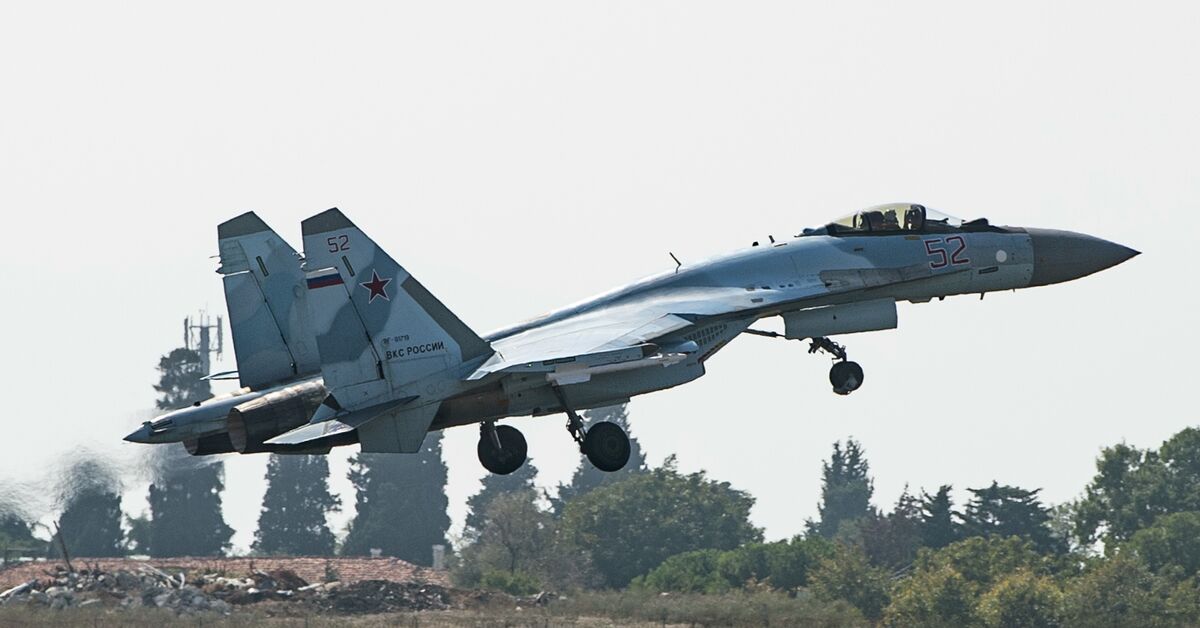What Turkey’s latest cruise missile means for defense industry, regional posture
Turkey hopes to bolster its deterrent capabilities through a growing arsenal of ballistic and cruise missiles, but without triggering a new regional arms race.
Turkey’s national rocket and missile manufacturer, Roketsan, announced on Aug. 18 that its “Kara Atmaca” — “Land Sparrowhawk” in English — cruise missile passed another flight test successfully and hit its target at 280 kilometers (173 miles). Kara Atmaca, a long-range surface-to-surface cruise missile that has already entered production, was first tested in July 2022 after the successes of an earlier naval variant.
While expanding its missiles’ range and quality, Turkey is also continuing its efforts to adhere to international agreements and regimes that ban weapons of mass destruction (WMDs) and limit the sharing of missile technology. Increasing instability in the region, however, challenges that approach.
On the one hand, there is the reality that regional countries Egypt, Iran, Israel, Russia and Syria all have large arsenals of ballistic missiles, and Turkey cannot afford to fall behind. Some even possess nuclear weapons or are in the process of developing them. On the other hand, any noticeable expansion of the Turkish arsenal is sure to raise eyebrows in those countries and could further fuel the ongoing arms race.



